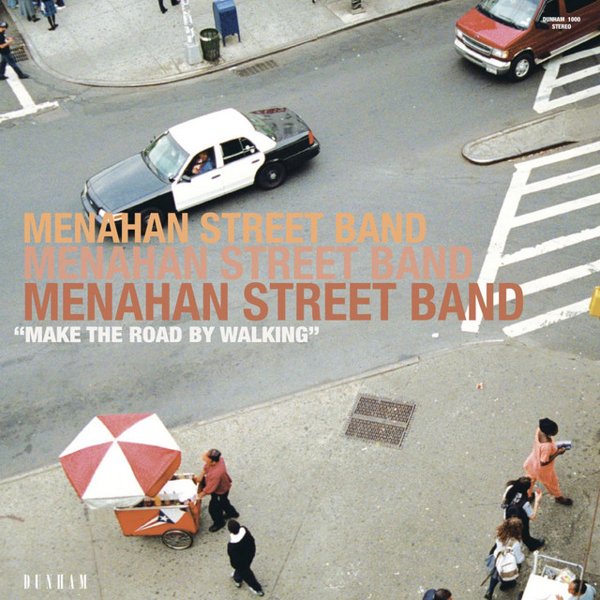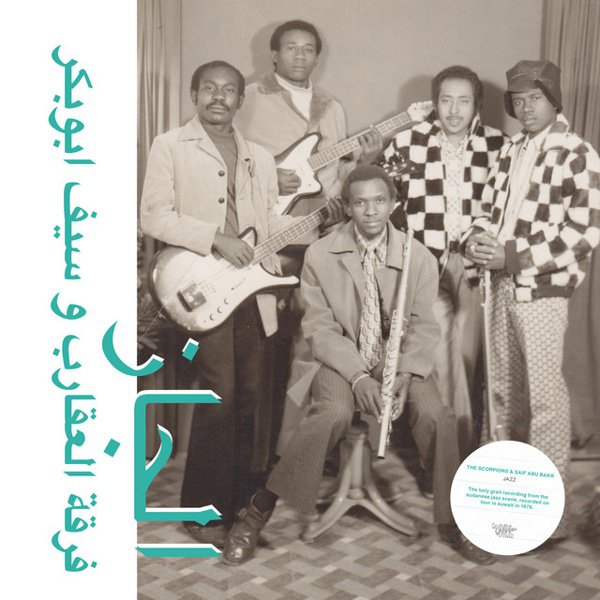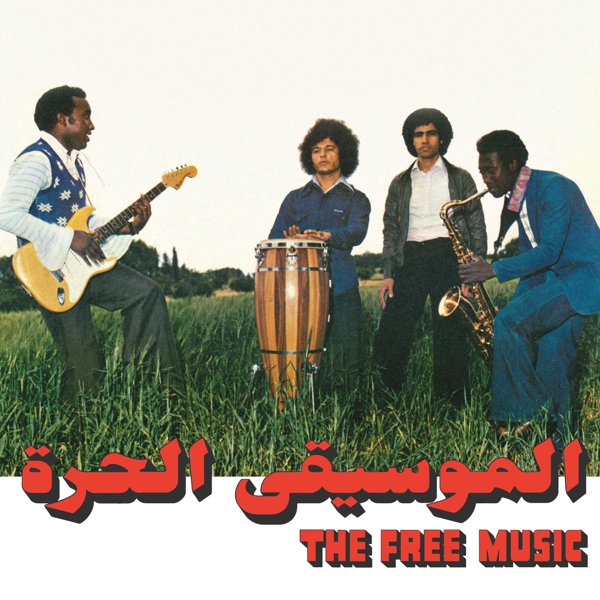Demos (1973-75)
Azymuth’s journey to becoming one of Brazil’s most daring and admired fusion bands starts here, though it can hardly be said to be a hesitant first step. Even in their primordial days, this group of session players-turned-catalysts was aiming towards a clear destination — a hybrid of sounds that took the ‘70s-peaking adventurousness of the moment’s prog/jazz/soul cross-pollination and filtered it through the post-Tropicalia mode of funky MPB. (You could call it the halfway point between War and Deodato — though the preferred term, “samba doido” or crazy samba, fits just as well.) The initial founding quartet of José Roberto Bertrami (keyboards), Ivan “Mamão” Conti (drums), Alex Malheiros (guitar/bass), and Ariovaldo Contesini (percussion; he left the band before their first album) were all steady hands already when they gathered in Bertrami’s state-of-the-art home studio to cut the material for the demos that preceded their ‘75 debut, and it’s no surprise that these cuts are already indicative of just how ahead of their time Azymuth were. Modern listeners might catch hints of future developments from the Beastie Boys’ ‘90s instrumental excursions to BADBADNOTGOOD’s retromodern soul-jazz jamming here, though none of the record companies that turned the band away in the early ‘70s saw any of that coming — they just heard this collection of freewheeling workouts, heavy on Bertrami’s panoply of wildly energetic synths and organs, and gave them the don’t-quit-your-day-job spiel. Not many of these cuts made it past the demo stage to further refinement — “Manhã,” a mellow-spacey midtempo glide that sounds like mid-decade Donald Byrd without the horns, is an exception that proved to be a strong cut on their ‘75 debut, while “Equipe 68” and the two-part “Castelo” were revamped a quarter-century later for Before We Forget (though the rawer-formed funk of the demos captures both a curiosity and a tension that the 2000 updates lost in the process). Still, the highlights are plentiful: as displays of pure technique and exploration, Conti’s 7 ½-minute solo drum exhibition “Bateria do Mamao” is pure rhythmic pleasure, Bertrami’s bank-of-keyboards vamping on “Laranjeiras” keeps finding startling new counterpoints and flourishes to play off off its choppy drive, and the thunderous uptempo outburst of “Duro de Roer” evolves from unusually good cop-flick soundtrack to manic cosmic explosion thanks in part to an especially weighty bass foundation from Malheiros.

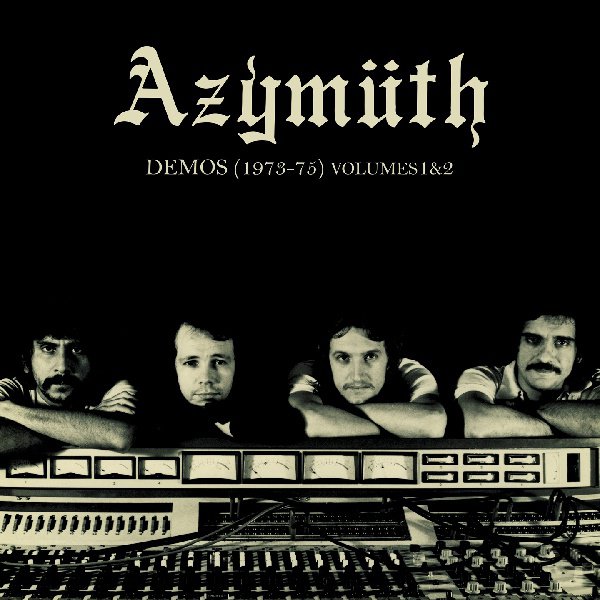

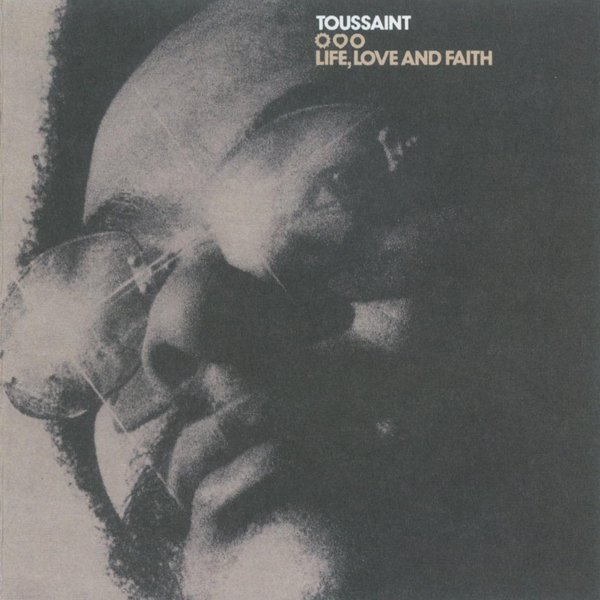
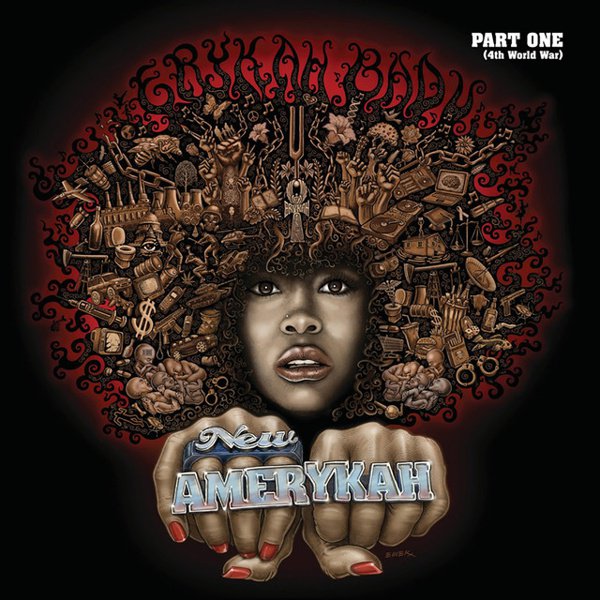

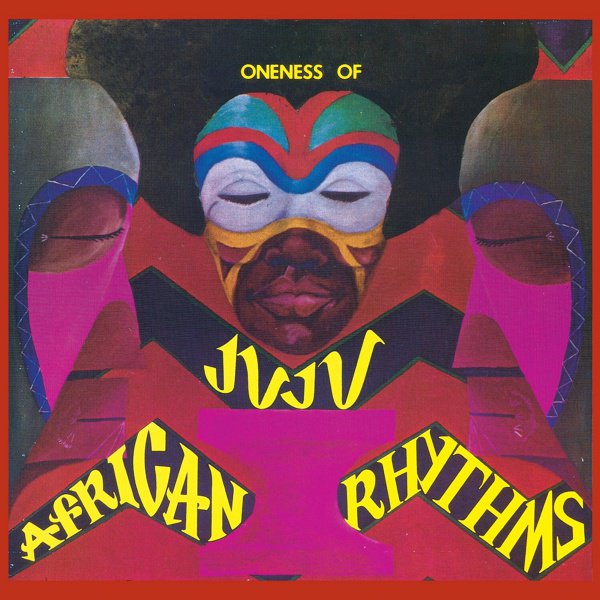
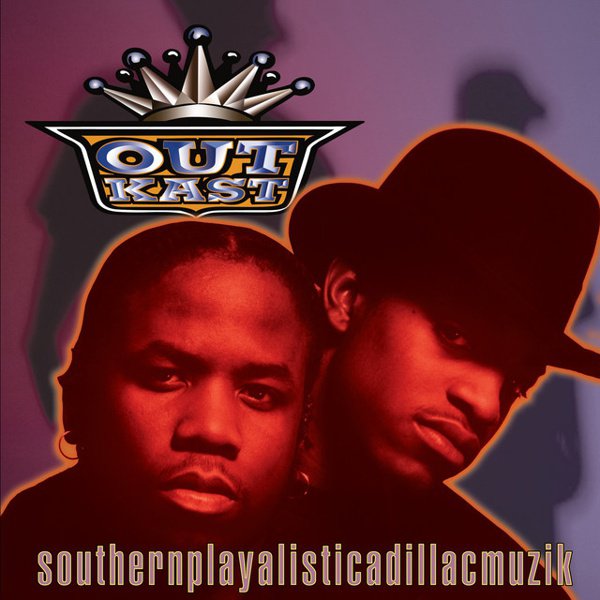
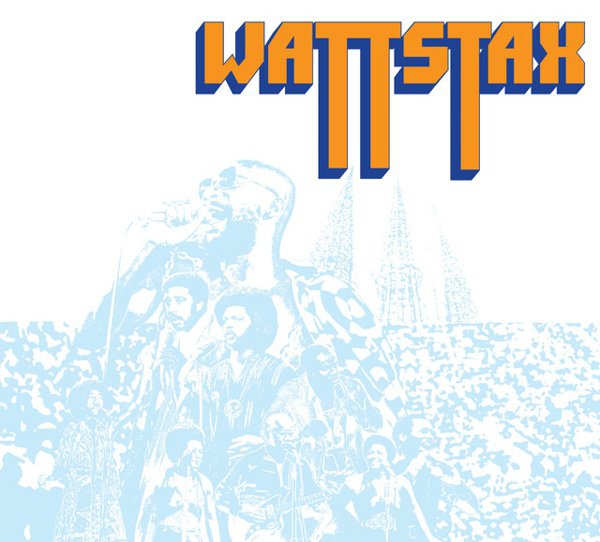
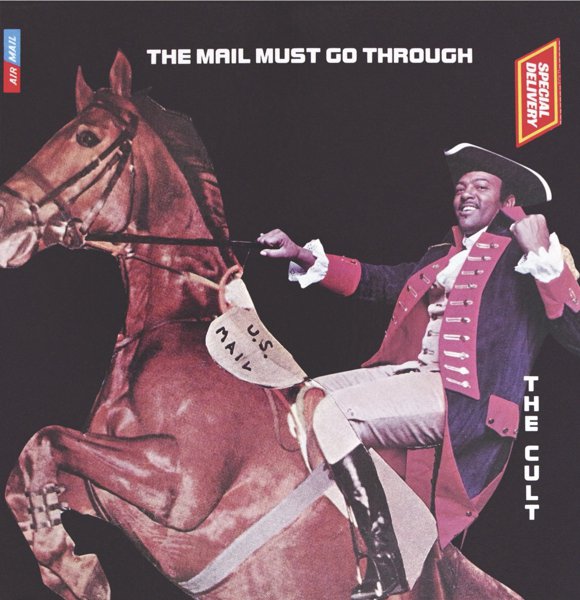
![Coffy [Original Soundtrack] cover](https://images.theshfl.com/5713266649071616_600.jpg)
